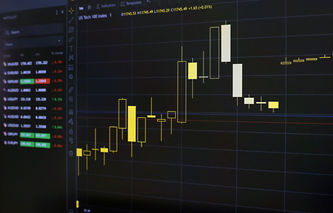Definition
The term dark pool refers to a private forum or securities exchange used by traders. A dark pool is not accessible to the investing public, and the name describes the lack of transparency that exists in these exchanges.
Explanation
Also known as dark pools of liquidity, dark pools are oftentimes used by institutional investors looking to make large trades. While these pools can be created via contractual agreements, they can also be accessed through what are known as crossing networks.
Dark pool participants do not disclose their trades on an order book that is visible to the exchange prior to execution. The lack of transparency with respect to the value these institutional investors place on the securities they are looking to buy or sell allows them to avoid the possibility of moving the market in a manner that is adverse to their position. That is to say, the lack of transparency is thought to provide them the opportunity to obtain the best possible price on the securities they're trading. Unfortunately, this same lack of transparency can make them targets of predatory trading practices. Generally, there are three forms of dark pools:
Public exchanges can facilitate the non-displaying of orders using their existing exchange network, while providing these larger clients with anonymity.
Traditional brokers that facilitate anonymous trades between their clients.
Independent organizations established for the sole purpose of offering their clients a segregated platform for trading.






.png)


.png)